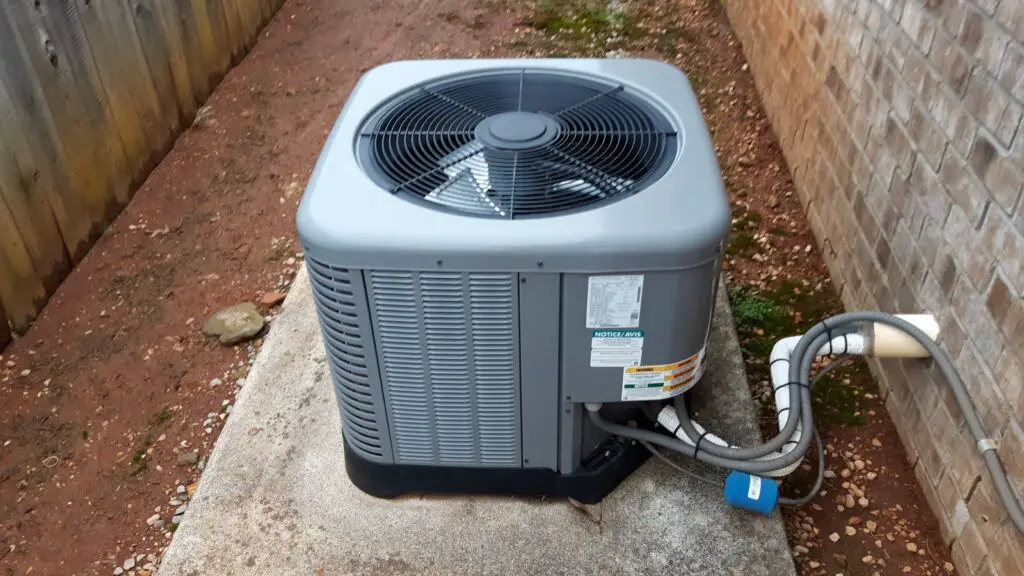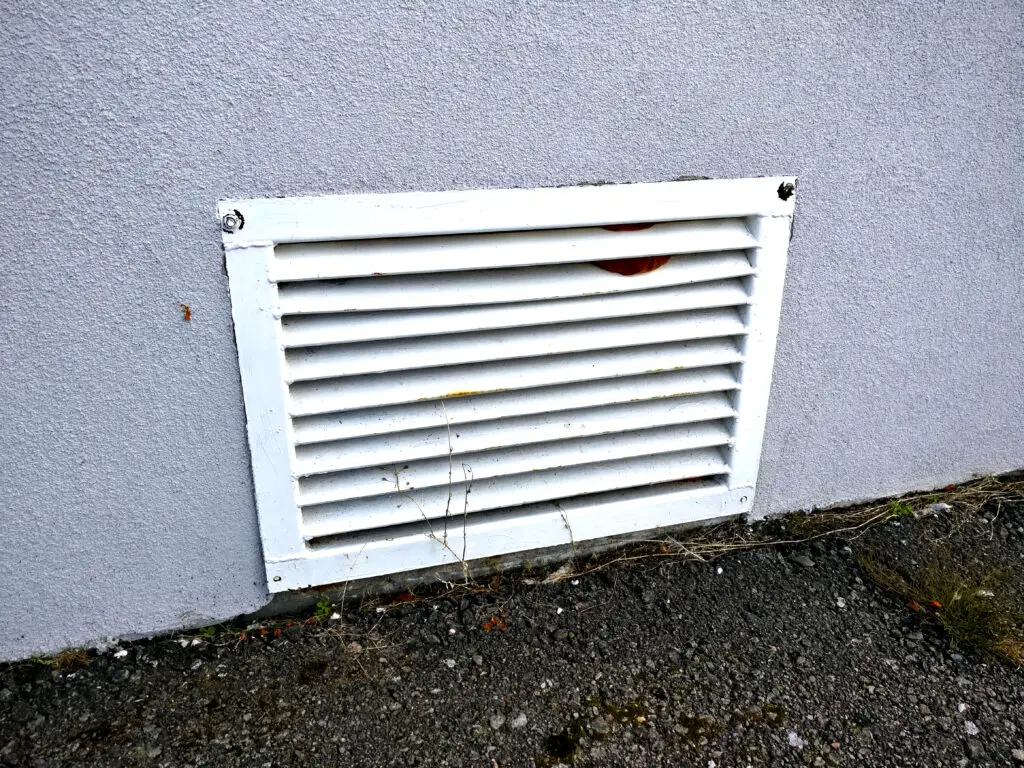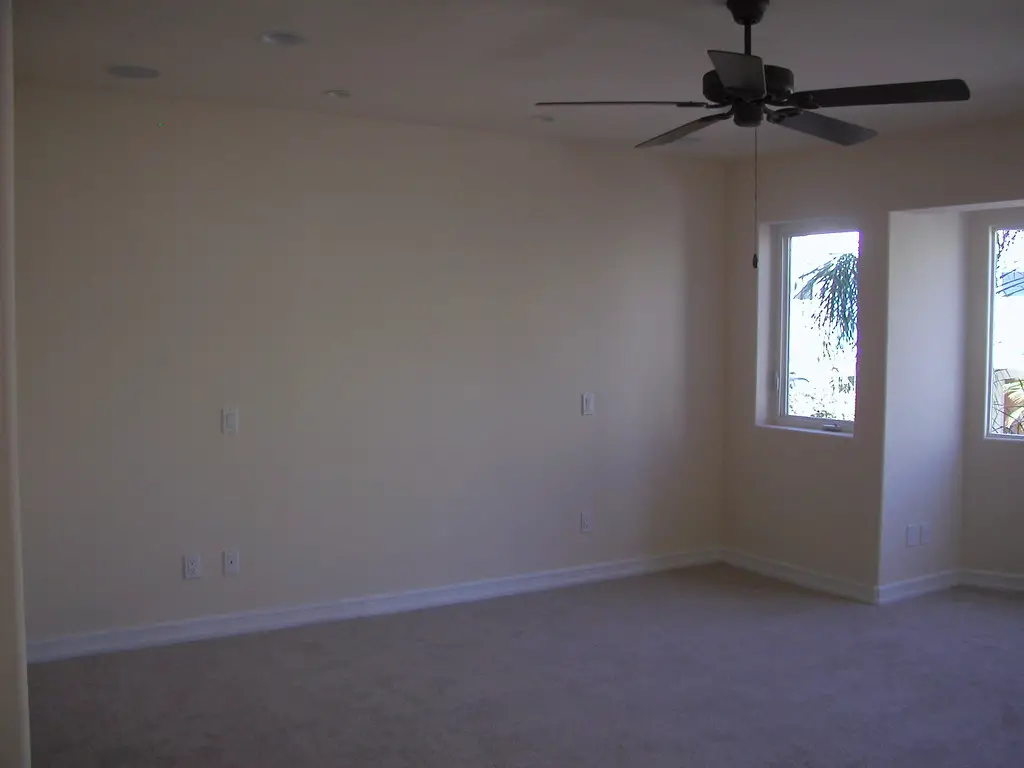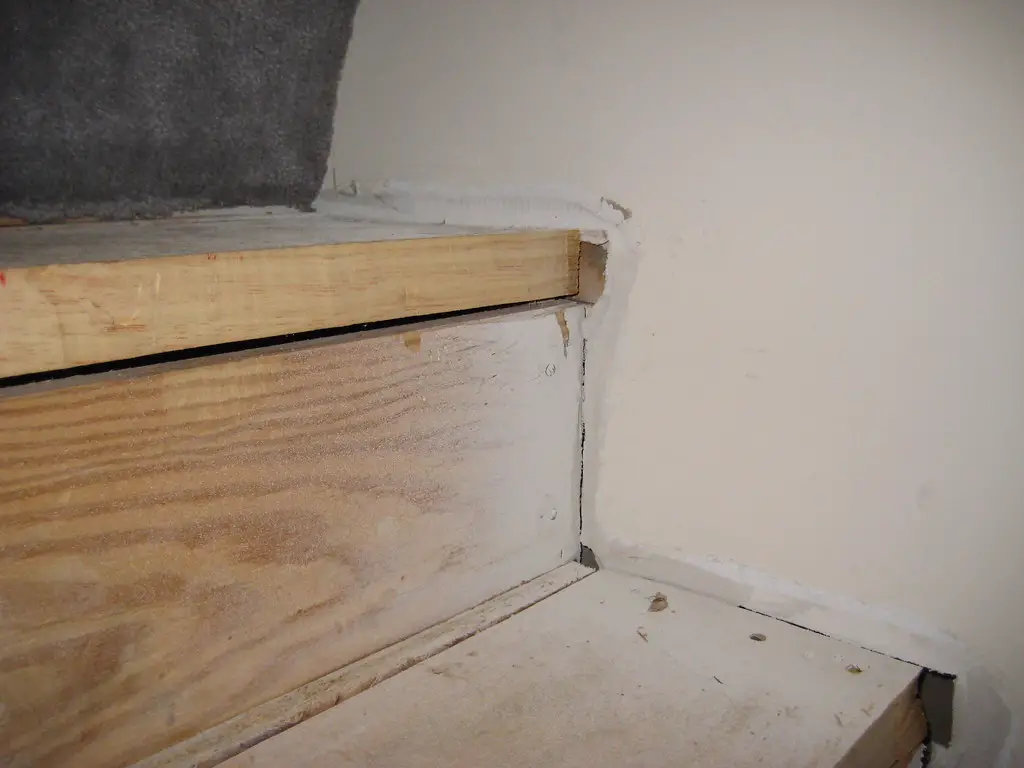You may think of your home as a sanctuary, but certain background sounds could be working against that sense of calm. Even when you’re not consciously aware of them, subtle and repetitive noises can keep your nervous system in a mild state of tension. Over time, that can lead to mental fatigue, irritability, or even trouble sleeping. The surprising part? Many of these sounds are built into your daily life—and most people never think twice about them.
1. The Constant Hum of Appliances

The low hum of refrigerators, dishwashers, and HVAC systems might seem like harmless background noise, but it can take a toll on your energy. Over time, your brain stops filtering out these sounds and begins to register them as low-grade stressors. That steady, never-ending buzz can keep your body in a subtle state of alertness. You might not notice it at first, but it slowly chips away at your ability to fully relax at home.
According to Forbes, low-frequency background noise like this can contribute to sleep disruption and even increased anxiety over time. When your nervous system is constantly activated—even just a little—it becomes harder to focus or truly rest. Acoustic fixes like rugs, curtains, and soft furniture can help absorb sound and reduce the impact. A quieter space isn’t just more pleasant; it’s better for your health.
2. Ticking Clocks

That charming tick-tock from a wall clock may sound nostalgic, but it often has a surprisingly agitating effect. The repetition becomes especially noticeable in quiet rooms, drawing unwanted attention during moments of rest or concentration. Some people find it hard to fall asleep with a ticking clock nearby, and the noise can even create a subtle sense of pressure. Your body feels like it’s racing the clock, even when you’re not consciously aware of it.
The Spruce notes that these consistent auditory cues can trigger low-level anxiety, especially for those sensitive to sound. Replacing ticking clocks with silent or digital models is a small but effective switch. You’ll likely notice the difference immediately, especially in bedrooms or reading spaces. Peace and quiet shouldn’t include a built-in metronome.
3. HVAC Systems Kicking On and Off

Your heating and cooling systems are essential for comfort, but their sudden roars and shutdowns can disturb your calm. The abrupt whoosh of air and mechanical vibration can feel jarring, especially in otherwise quiet rooms. While you may think you’re used to it, your nervous system still reacts to each change. That constant adjustment wears down your focus and drains mental energy over time.
According to Real Simple, sudden environmental changes like this can make it harder to concentrate, rest, or even sleep. The inconsistency keeps your brain from settling into a steady rhythm. Consider upgrading to quieter HVAC models or adding insulation to reduce the sound. A smooth-running system should enhance comfort—not interrupt it.
4. High-Pitched Electronics

Some electronics emit high-frequency tones that you may not hear right away, but your brain definitely notices. Devices like old chargers, TVs, or even light dimmers can give off barely audible whining sounds that grow more irritating with time. These sounds can cause headaches, difficulty concentrating, or a general feeling of unease. Even pets sometimes react to these tones before humans do.
Good Housekeeping has reported that these high-pitched noises often come from worn-out electronics or poor-quality components. Replacing noisy chargers or unplugging unused electronics can instantly improve your space. You might be shocked by how much more peaceful your home feels afterward. It’s one of the quickest, easiest fixes for something that drains your energy without you knowing it.
5. Loud HVAC Blasts

When your heating or cooling system kicks on with a sudden whoosh, it can startle you out of whatever you were doing. That abrupt change in sound disrupts your mental flow and brings a spike of adrenaline, even if it’s just for a second. Over time, those small disruptions add up, especially if your system cycles on and off frequently. The body doesn’t relax well in a space where sudden bursts of noise keep happening.
In older homes or poorly insulated ones, this problem can be even more pronounced. Adding soft insulation around vents or switching to a quieter system may help reduce the noise. Even repositioning furniture to buffer sound can make a difference. The more consistent and calm your environment feels, the more at ease you’ll be in it.
6. Garage Door Rattles

That deep, mechanical rumble of a garage door opening can feel more like an earthquake than a convenience. The sound travels through walls and floors, often catching you off guard. Whether it’s you or someone else coming home, the noise disrupts whatever quiet moment you were in. It’s especially jarring when it happens in the evening or while you’re resting.
Garage doors aren’t designed with peace and quiet in mind. If your bedroom shares a wall with the garage, consider insulating that space or installing quieter hardware. A smoother, quieter open can reduce those stress jolts dramatically. After all, the entrance to your home shouldn’t sound like a freight train.
7. Echoes in Bare Rooms

Open spaces with minimal furniture might look beautiful, but their acoustics can be brutal. Hard surfaces bounce sound around, turning even small noises into something much louder and more chaotic. The result is a subtle sense of disorientation—like your voice or footsteps are coming from all directions. That extra auditory input increases stress without you even realizing it.
Adding plush furniture, curtains, or area rugs can help absorb those sound waves. Your brain associates softness with calm, and softening your space acoustically supports that feeling. Many designers now recommend treating a room’s sound quality just like its lighting. A quiet room isn’t just more comfortable—it’s also more peaceful.
8. TV Left On in the Background

Leaving the TV on for “background noise” often backfires. The shifting volume, sudden laughter, and dramatic music spikes can disrupt your focus and overstimulate your senses. Even if you’re not actively watching, your brain tries to process what it hears—especially speech. That passive engagement keeps you in a state of light alertness that wears you down over time.
This is particularly draining in open-plan homes where the sound travels farther. If you need background sound, try music with no lyrics or ambient noise playlists. These offer atmosphere without overloading your brain. Intentional sound makes all the difference in your home’s energy.
9. Phone Notification Pings

Each “ding” from your phone sets off a tiny stress response. It’s a call to attention, and your brain can’t help but react—whether or not you check it. Multiply that by dozens or even hundreds of pings a day, and you’ve got a recipe for digital fatigue. Even the anticipation of a notification can keep you on edge.
The solution isn’t to ditch your phone, but to control when and how it speaks. Setting sound-free hours, turning off non-essential notifications, or using vibration can help lower that ambient stress. Your home should be where your mind gets to rest—not where it constantly jumps to respond. Silence is sometimes the best message.
10. Squeaky Floorboards

Every step that produces a creak draws attention and interrupts the quiet. These sounds often occur in older homes, where wood has loosened over time and starts groaning underfoot. Even if it’s your own movement, the sound breaks any sense of stillness. At night, a single creak can feel almost deafening.
Fixing squeaky floors can be simple, and the payoff is surprisingly big. Wood filler, screws, or even baby powder in the joints can work wonders. When your steps don’t call attention to themselves, your mind can stay focused on the moment. A silent floor brings a sense of grounded calm to your entire space.
11. Dishwasher Churning After Dinner

You finally sit down to relax—and suddenly, your dishwasher kicks into a noisy rinse cycle. The gurgles, clicks, and whirring don’t just fill the kitchen; they echo into surrounding rooms. It’s a disruption that pulls you back into “to-do list” mode, even though the work is technically done. That churning sound subtly signals that your day isn’t over yet.
Newer dishwashers tend to run quieter, so an upgrade could help. But even simple changes like running it earlier in the day can preserve your evening calm. After all, the sounds of rest shouldn’t have to compete with the sound of chores. Quiet time should actually be… quiet.
12. Kids’ Toys That Talk or Play Music

Toys with sound effects often seem cute at first—but their unpredictable noises can quickly wear thin. Many of them activate with just a touch, or even on their own, startling you when you least expect it. The randomness keeps your brain braced for the next burst of music or talking. Over time, this creates an ambient stress that parents learn to ignore—but still feel.
Storing these toys in closed containers or choosing quieter play options can make a big difference. Not every toy needs to sing to be fun. Creating a lower-noise play zone benefits everyone in the home. Peace and play can absolutely coexist when sound is kept in check.
